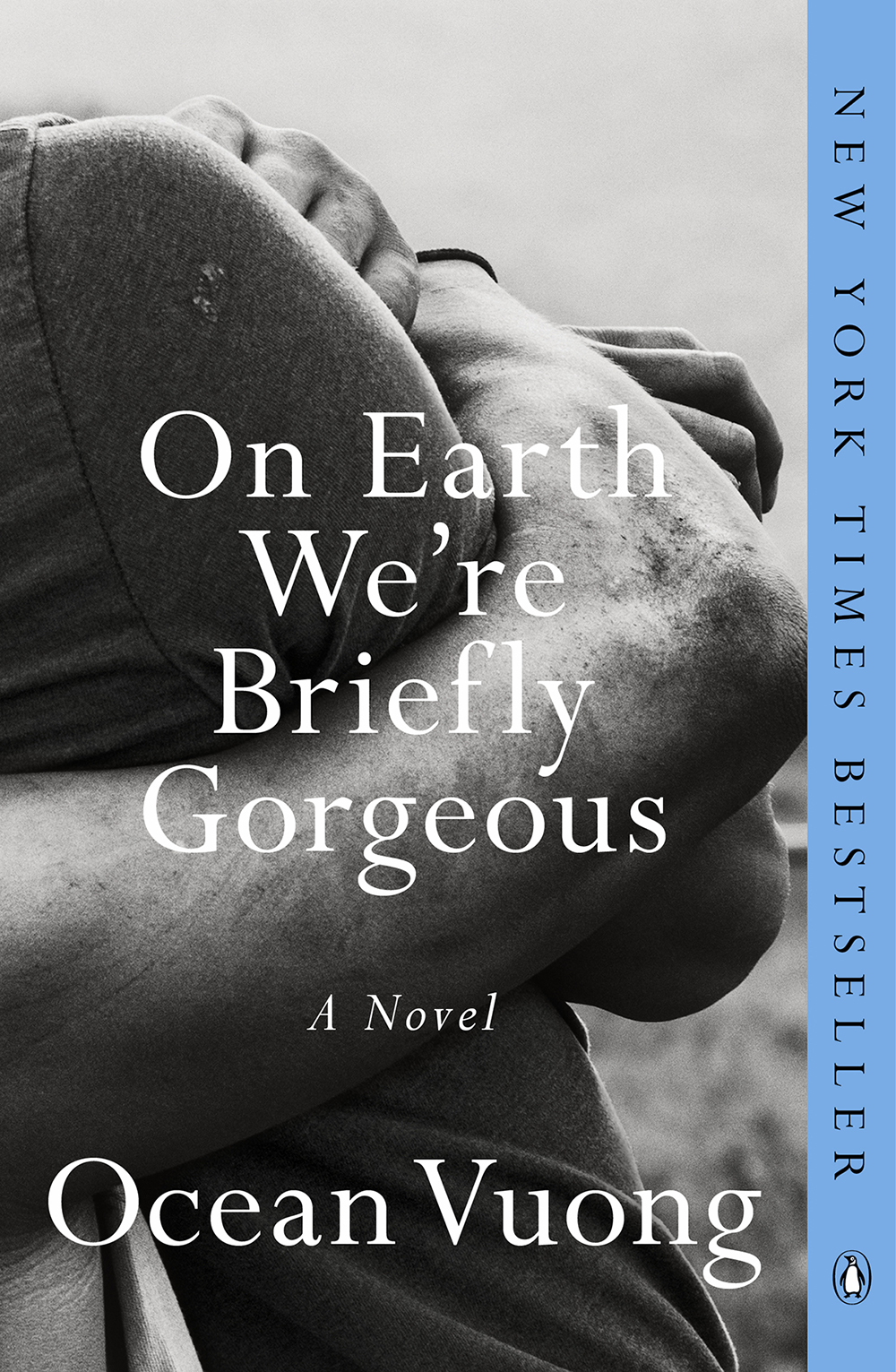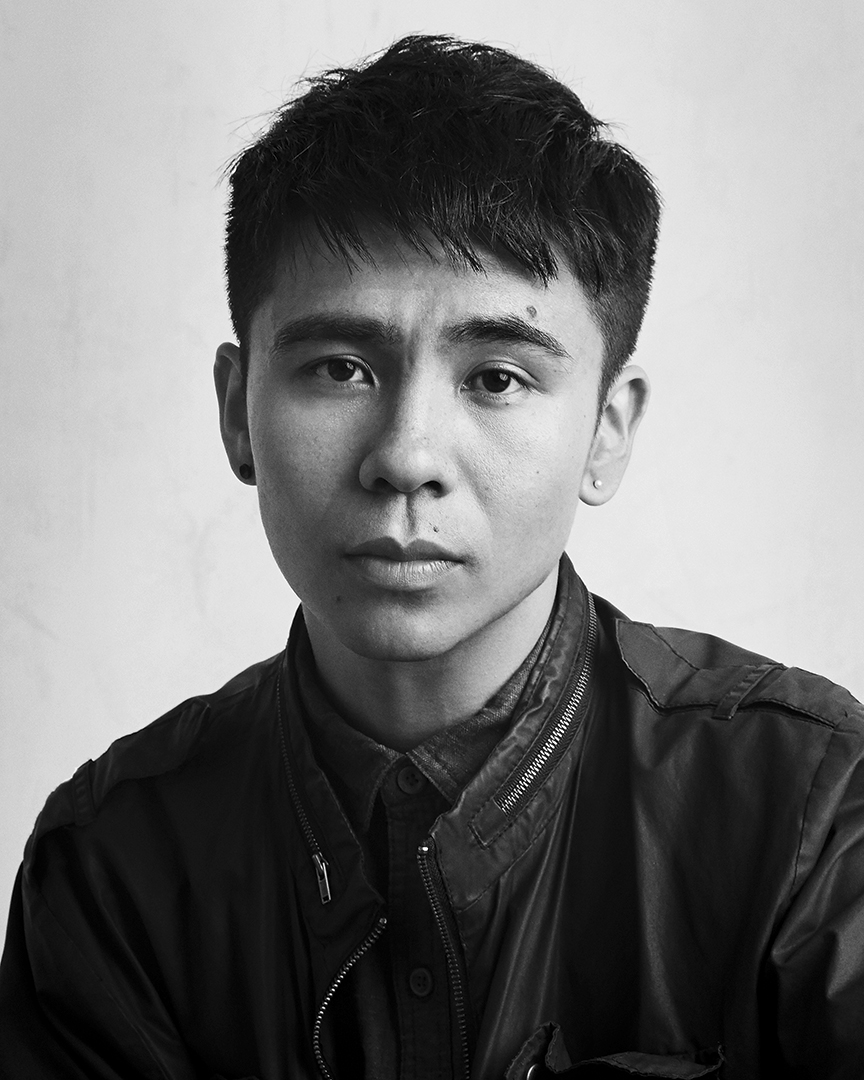
Ocean Vuong’s
On Earth We’re
Briefly Gorgeous
Hosted by Kathy Park & Mary Ann O’Donnell
The Godrinktea Book Club reads in order to understand what it means to be human in this world, today. We believe that discussing literature in a safe, but rigorously thoughtful community will help us better realize our unique purpose. We aim to cultivate through creative forums, awareness of how diverse practitioners specifically bring Buddhist insights into everyday life issues. Join our debuting book club with reading and discussion of Ocean Vuong’s On Earth We’re Briefly Gorgeous.
Saturday, November 4th & 11th, 2023 – 5PM PDT, PST / 8PM EDT, EST
Sunday, November 5th, 2023 - 8AM HKT / 9AM KST
Sunday, November 12th, 2023 - 9AM HKT / 10AM KST
Online via Zoom. Each session 2 hrs.
The Godrinktea series focuses on deepening our spiritual practice through online conversations that illuminate contemporary challenges, including:
- Increasing reliance on digital platforms to engage with one another,
- Cross-cultural misunderstandings within global Buddhism,
- The interstitial spaces that spark questions on identity and belonging,
- Working through and digesting these experiences as a spiritual path
In this series we will explore various art forms that can elucidate and give insights into our own personal and collective realizations and journeys.

On Earth We're Briefly Gorgeous
We would like to invite you to engage and respond to Buddhist inspired literature and nonfiction in our forum. We have chosen as our first book, On Earth We’re Briefly Gorgeous from the acclaimed Vietnamese-American writer, poet and Zen practitioner Ocean Vuong. A powerful book on human resilience and transformation, we will read together and share to illuminate our path of spiritual awareness and collective wisdom.
Ocean Vuong
Ocean Vuong is a Vietnamese American poet, essayist, and novelist. Vuong is a recipient of the 2014 Ruth Lilly/Sargent Rosenberg fellowship from the Poetry Foundation, a 2016 Whiting Award, and the 2017 T.S. Eliot Prize for his poetry. His debut novel, On Earth We’re Briefly Gorgeous, was published in 2019.

On Earth We're Briefly Gorgeous
We would like to invite you to engage and respond to Buddhist inspired literature and nonfiction in our forum. We have chosen as our first book, On Earth We’re Briefly Gorgeous from the acclaimed Vietnamese-American writer, poet and Zen practitioner Ocean Vuong. A powerful book on human resilience and transformation, we will read together and share to illuminate our path of spiritual awareness and collective wisdom.
Ocean Vuong
Ocean Vuong is a Vietnamese American poet, essayist, and novelist. Vuong is a recipient of the 2014 Ruth Lilly/Sargent Rosenberg fellowship from the Poetry Foundation, a 2016 Whiting Award, and the 2017 T.S. Eliot Prize for his poetry. His debut novel, On Earth We’re Briefly Gorgeous, was published in 2019.
Our hosts

Kathy Park
Zen teacher
A Zen Buddhist Practitioner for 23 years, Kathy received inka (permission to teach) in 2016 in the Kwan Um Zen tradition. Kathy is abbot and a co-guiding teachers of Kwan Um Zen Online and Zenseoul in South Korea. She focuses on Zen meditation and educational training programs for lay dharma teachers. Kathy has lived and practiced in various Zen centers and temples in Asia, Europe and the U.S. Her translation credits include co-editing and translating the Teachings of Man Gong and The Song of Zen by Kyong Ho from Korean into English.

Mary Ann O’Donnell
Anthropologist & educator
Artist-Ethnographer Mary Ann O’Donnell has sought alternative ways of inhabiting Shenzhen, the flagship of China’s post Mao economic reforms. Ongoing projects include her blog, “Shenzhen Noted” and the Handshake 302 Art Space. Her research has been published in positions: east asian cultures critique, TDR: The Drama Review, and the Hong Kong Journal of Cultural Studies.

Ocean Vuong’s On Earth We’re Briefly Gorgeous
Course Description
In the first of our book club series, we will explore the suffering of displacement and the liberation of homecoming as developed by Ocean Vuong in his award-winning novel, On Earth We’re Briefly Gorgeous. Hosts Kathy Park and Mary Ann O’Donnell bring their compelling questions and diverse insights as zen teacher and cultural anthropologist respectively. Both women have lived in, and continue to navigate between eastern and western worlds.
In session 1, we unpack the migrant experience from the perspective of Little Dog, who was not alive during the Vietnam War, but is nevertheless a refugee of those battlefields. Just as he carries his mother’s marks and grandmother’s fears, Little Dog also navigates napalm clouds and banana fields. The shape of his life—its material forms and poetic leaps, its trauma and unexpected homecomings—is simultaneously a manifestation of how wars linger beyond their dates in history books and an expression of inner transformation, a reworking of what was given into beauty.
For our first discussion of On Earth We’re Briefly Gorgeous, please select one or two examples of displacement, arrival, and/or migration from the book. Be prepared to discuss why these passages in particular moved you and also what you think they tell us about the migrant experience. What is shared by all migrants? Why do the irreducible specificities of our experience matter?
In session 2, we turn our gaze from how migration has shaped Little Dog’s life to how migration has shaped our own life. We are particularly interested in migration as an unfolding series of embodied departures and arrivals. To paraphrase the Talking Heads, if Home is where I want to be, then how did I get here?
For our sharing of personal migration stories, please prepare an example from your own life. Be prepared to discuss how your experience resonates with Little Dog’s. How does his experience help us to better understand the unfolding of human life? In order to explore your experience, you may want to take a leaf from Ocean Vuong’s book and write a letter to yourself, to a loved one or to someone who is no longer with you. Narrating your experience for an intended reader may make salient why “this must be the place.”


